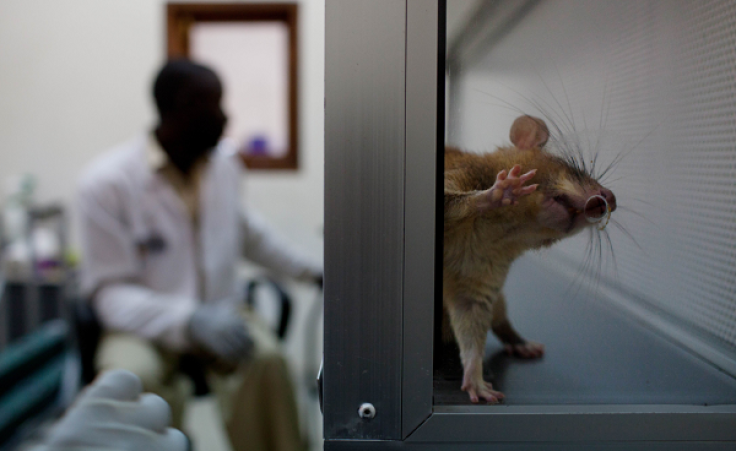Does Marijuana Make You Lazy? THC Effects Include Sluggish Behavior, According To New Lab Rat Study

Lab rats suffer from laziness after being administered marijuana, a new study has found. According to a report by University of British Columbia researchers published in the Journal of Psychiatry and Neuroscience, after being given THC – the main psychoactive ingredient in marijuana – rodents were less likely to try cognitively demanding activities.
Under the study, 29 lab rats were used to test the effect of THC and cannabidiol (CBD) and how it correlates to their willingness to exert cognitive effort. During the experiment, rats had to choose between the cognitively challenging task of responding to a light for 0.2 seconds by touching their nose. An easier task required them to touch their nose while the light stayed on for just one second. The easier task was rewarded with one sugar pellet and two pellets were given for the tougher task.
When not under the influence of THC and CBD, rats willingly chose the harder task for the bigger reward. However, after a dose of THC, they all chose the easier task for a smaller reward. After a hit of CBD, which is a non-psychoactive ingredient that has same medical benefits of weed without the high affect, researchers discovered it had no effect on rats’ decision-making or attention span. The CBD also didn’t block the negative effects of THC.
“Perhaps unsurprisingly, we found that when we gave THC to these rats, they basically became cognitively lazy,” Mason Silveira, the study’s lead author and PhD candidate in UBC’s department of psychology said to the university's news site. “What’s interesting, however, is that their ability to do the difficult challenge was unaffected by THC. The rats could still do the task— they just didn’t want to.”
Catharine Winstanley, senior author of the study and associate professor in UBC’s department, said the most surprising aspect of the test was discovering that CBD, which researchers say can be beneficial in treating pain, epilepsy and cancer, didn’t block the effects of THC.
“It had been suggested that high concentrations of CBD could modulate or reduce the negative effects of THC,” Winstanley said. “Unfortunately that did not appear to be the case.”
However, Winstanley suggested the findings should lead to more research on the effects of CBD and the impact of THC on the human brain as researchers continue to push for medical marijuana that can relieve users of pain without suffering cognitive effects.
© Copyright IBTimes 2024. All rights reserved.












